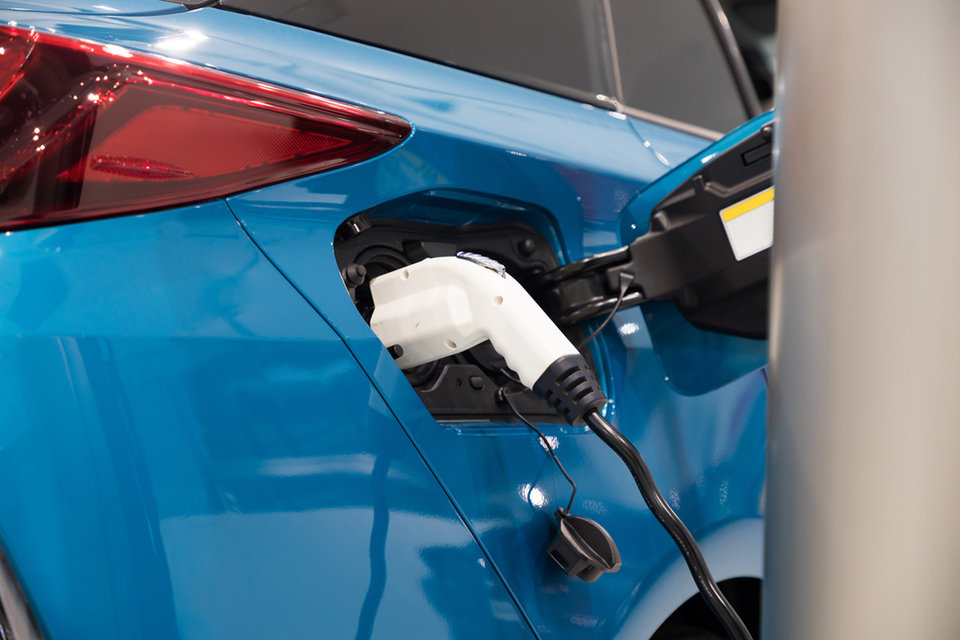
Can Hydrogen Help Us Break Away from Fossil Fuels?
We take a look at hydrogen fuel cell powered cars, and ask if they have the potential to be part of the electric automotive revolution.
Image:
Scroll down or swipe up to read more
It’s a common assumption now across the motor industry that the days are numbered for fossil fuels. It’s not something that is happening everywhere at once, mainland Europe has seen far more adoption than the UK, for example, but for many reasons, commercial and environmental, vehicles that run on alternative fuels are becoming a priority.
Battery powered vehicles have received a lot of coverage, and there has been a lot of activity around biofuels, but one alternative fuel that hasn’t received much coverage is Fuel Cell Electric Vehicles.
Fuel Cell Electric Vehicles, or FCEVs, are powered by electricity generated on board a vehicle by passing hydrogen gas through a fuel cell stack. FCEVs can be refuelled quickly and easily at a hydrogen refuelling station (HRS) a lot like combustion engine vehicles are. There is no plugging your car in and waiting for it to charge, but there is also no greenhouse gases or tailpipe emissions. The only by-product of these cars is water.
The first full-production hydrogen fuel cell vehicle went on sale in the UK in 2015, and the Society of Motor Manufacturers and Traders Ltd (SMMT) suggests these vehicles are worth considering for town and city driving, school runs and other short-to-medium journeys. However, for these vehicles to truly take off there will need to be a great deal of development into the necessary refuelling infrastructure these vehicles need.

caption
At the same time, these vehicles are competing with Battery Electric Vehicles (BEVs) for the same urban, short-to-medium journeys. BEVs are powered purely by batteries, using an electric motor to turn the wheels and, like FCEVs, produce zero emissions. Battery powered vehicles are becoming increasingly viable in the UK, even as they represent only one percent of new car registrations, and the top selling Nissan LEAF is manufactured in the UK. These vehicles can offer a driving range of between 80 and 250 miles, and if drivers charge them at home they are very cheap to run.
However, another big reason for this is that the UK simply doesn’t have the necessary refuelling infrastructure to support a major growth in hydrogen fuel cell powered cars. The lack of refuelling stations has already been identified as a principal consumer concern when making purchase decisions.
The UK H2Mobility project has done research into understanding what distance motorists are willing to drive to reach a hydrogen refuelling station, while also considering how sales are likely to build as vehicle costs become more competitive. The ‘whole life costs’ of operating a hydrogen powered vehicle are going to be a key concern in how the market grows.
